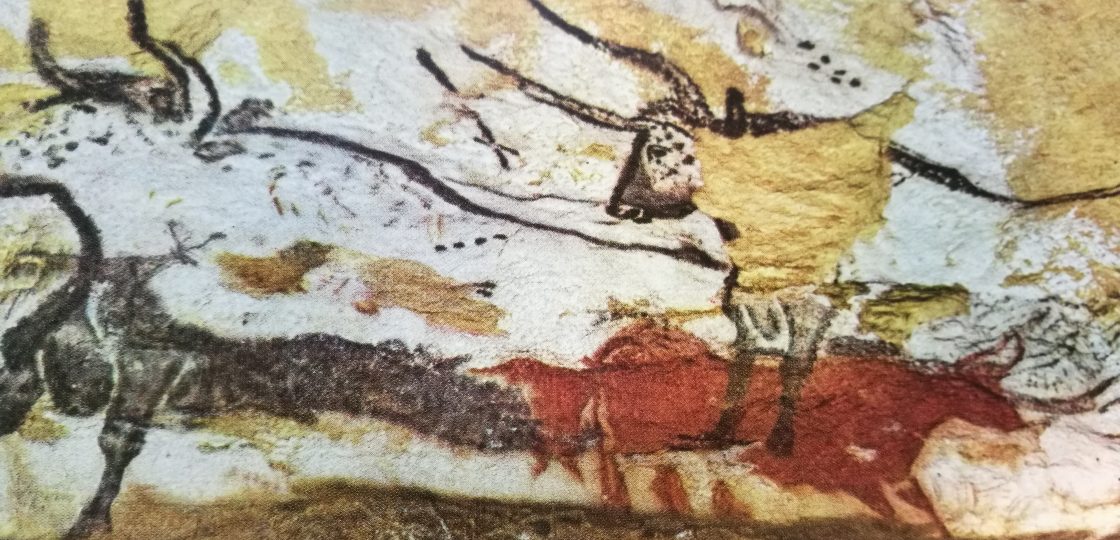
The idealist thinker reasons in this way: « If we take the world as appearance, it demonstrates the existence of something that is not appearance. »i
But this is quite a questionable (and fragile) leap in reasoning. It is not clear why the existence of appearances would demonstrate « the existence of something that is not appearance ». It can suggest it, evoke it, assume it, but not demonstrate it. And if there is no demonstration, we are hardly advanced. We have only gained the idea that the concept of appearance highlights the theoretical and philosophical interest of the concept of truth (without establishing the existence of the latter, the existence of Truth).
It may also be that the very idea of truth actually turns against those who think that truth is what simply corresponds to their representation of the world, or to the appearance it has in their eyes.
It may be that the truth (assumed and in a way ‘predicted’) of the idealist is not the Truth, and that the true Truth is that there is no truth outside appearances.
Indeed, for his part, the materialist also sees the world as appearance. But it is an appearance which, when examined more closely, never covers other appearances, whose indefinite stacking forms ‘reality’, the only reality that is, since there is no other (apart from appearances). There is no other reality, a reality that is not appearance, since appearance is the only reality.
The materialist therefore has the advantage of being entirely faithful to his truth. There are only appearances, and therefore everything is appearance.
But then another problem emerges, an even more fundamental one.
The root of the problem (posed by materialism) is that man’s being or ‘essence’ has no assured foundation. Any ‘substance’ composing a being, if one thinks about it intensely enough, ends up revealing in turn its fundamental nature, which is to be only appearance.
In the last analysis, the essence of being is to be essentially appearance (on this point the idealist and the materialist get together in a way, but to draw different conclusions).
This being acquired, the question can then be asked differently. The thought moves on to another object, herself. She comes to attack the very essence of thought, the truth of the act of thinking. If everything is appearance, thought herself is only appearance, it is an appearance of thought, and the ‘partial’ or ‘absolute’ truths that she exhumes or produces are also only appearances of truths.
This conclusion (in spite of its internal logic) is generally difficult to accept for thinkers or philosophers who invest so much in the foundation of their logic, their thought, their philosophy, and make it a reason for living.
One must then ask oneself whether, in good faith, thought can accept, – in the name of her own (supposed) transparency to herself, to be only appearance.
If she goes down that road, thought will no longer have any certainty as to the validity of her own judgments, as to the order of her reasoning, as to the quality of her ‘intelligence’ of the world or even of herself.
This is a major disadvantage, for those who boast of thinking like others make pots, bread or children. For the pot, the bread or the child are, apparently and actually, much more ‘real’ than ‘thoughts’ about the essence of appearance…
Should we now think of thought as a simple artifact, whose very texture must be doubted, and whose status as a ‘judge’ (in the final analysis) of the state of things must be questioned?
Or, if we want to keep in mind her essential strength, her special genius, her unique power, which is to claim to possess within herself her own truth, shouldn’t we change the angle again?
Should we not now simply get out of these questions, get out of these mirror games (appearing/being), and get out of the very idea of a truth that would belong to this world?
Perhaps then, under the very pressure of thought herself, who does not want to die to herself, who does not want to dress in the moth-eaten clothes of appearances, perhaps we must resolve to consider that in her highest demands, in her highest desires, thought can never find in this world the dwelling that suits her.
She must therefore, again, resign herself to thinking of exile, to thinking of exodus.
_______________
iKant. Opus Posthumum. 1920, p.44 quoted by H. Arendt. The life of the spirit. The thought. The will. Translation by Lucienne Lotringer. PUF, 1981, p. 43

Vous devez être connecté pour poster un commentaire.